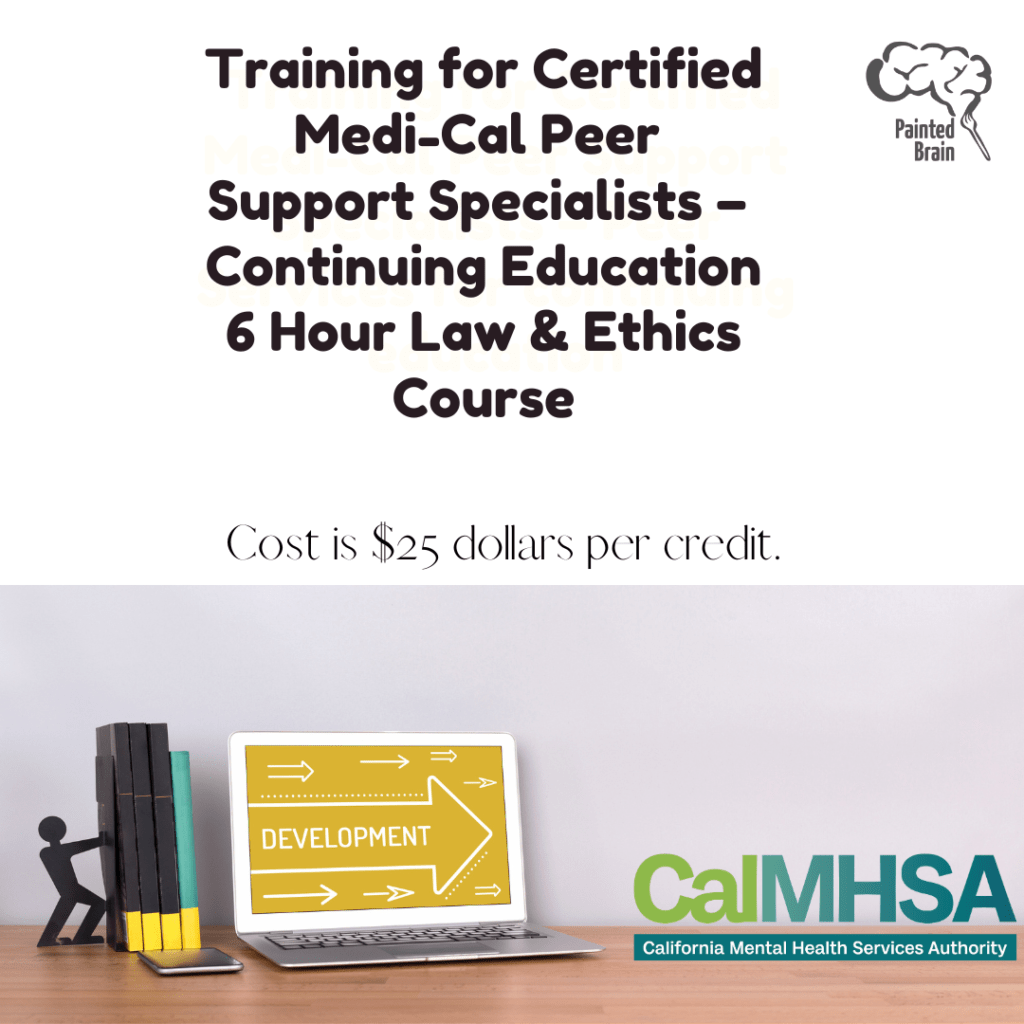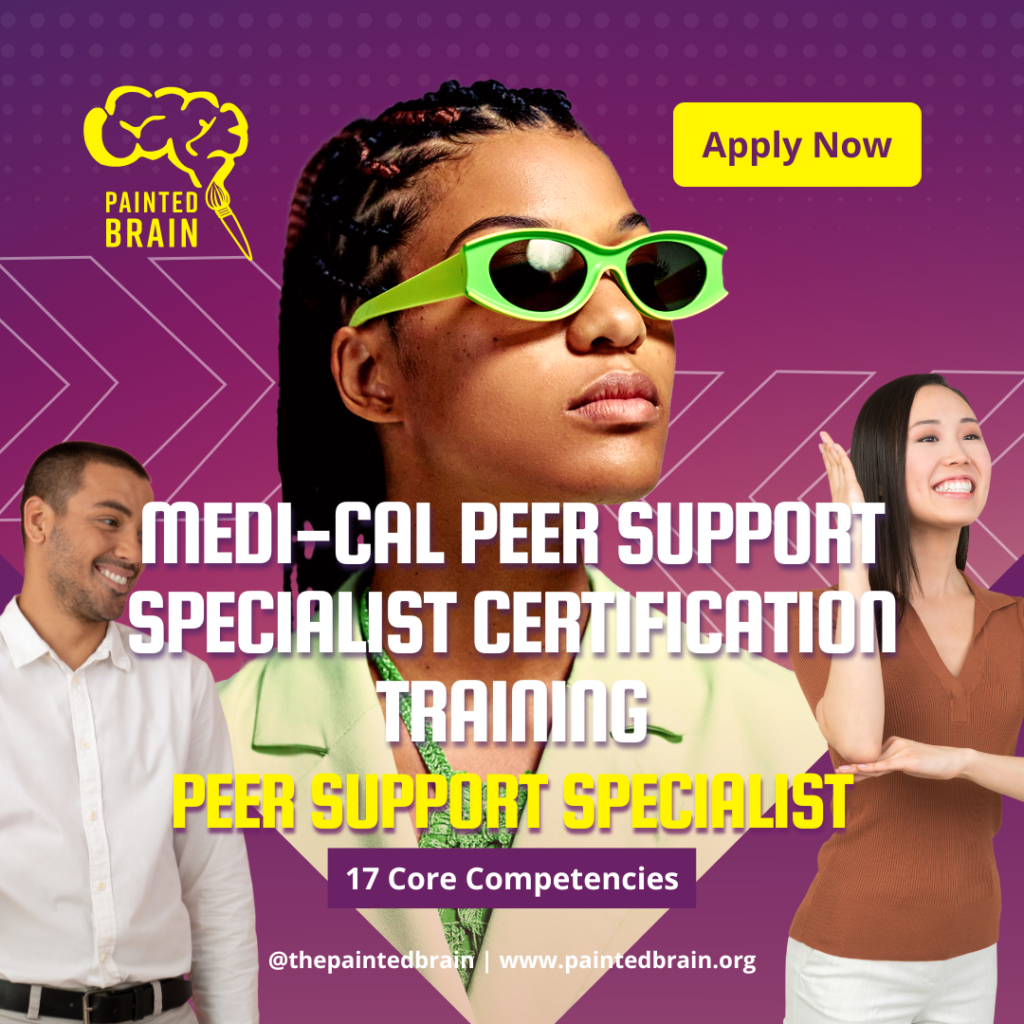Some people think that new parents should just accept that parenthood could take a toll on their mental health.
After all, parenting is a tough job, and the constant stress and anxiety that comes with it are only natural. However, you don’t have to surrender your mental well-being to that picture of reality.
Parenting can impact you in many ways, including negative ones like harming your mental health. Knowing this fact can help you understand how to respond appropriately.
For example, one factor that might be causing your baby’s sleepless nights (thus, your sleepless nights) is the baby formula you use.
You can check out organic baby formulas if you’re concerned about conventional formulas’ chemicals, additives, and allergens.
Knowing that your child can receive a safer, healthier alternative is an excellent way to give yourself peace of mind.
Read on for more tips on how new parents can preserve their mental health.
4 Ways to Balance Parenthood and Mental Health for New Parents
Here are four ways new parents can care for their mental health:
Understand Mental Health Triggers
New babies bring feelings of love and joy to their parents. However, these emotions often mix with regret and frustration over parents losing their old lives.
Everyone experiences an adjustment period following the addition of a new family member. Overnight, you may lose control of what you should do with your time.
This lifestyle change can be particularly challenging if you’re a first-time mom or dad.
Many new parents witness their expectations regarding parenthood to be far from reality. However, the more an individual understands typical mental health scenarios, the quicker they can get appropriate support.
For example, new mothers can discuss with their physicians suspected postpartum depression symptoms soon after giving birth and during follow-up visits.
The term “postpartum” means “after birth,” so “postpartum depression” refers to post-childbirth depression.
Moreover, this term is often accurate: new moms can experience depression during the first year after having their baby.
Here are some usual signs a new parent might be experiencing depression or anxiety:
- Unprecedented feelings of extreme sadness or anger
- Monotonous living, like they’re just going through the motions
- Guilt and feeling like they are a failure at parenthood
- Excessively irritable or angry
- Very anxious around their baby and other children
- Struggling to complete a task or experiencing brain fog
Understanding how your mind and emotions work while you parent your child can help you better assess your situation and needs.
Invest in Self-Care
Ensuring a healthy mental and physical state is one of the most crucial steps in balancing parenthood and preserving one’s mental health.
This activity can give you the energy to care for your baby and family.
Having a new baby at home requires significant adjustment for the parents. The first few weeks are full of changes, and you might often deal with stress-inducing experiences.
However, while parenthood usually leads to such situations, don’t think of your chronic busyness or sleepless nights as badges of honor.
Treat these unhealthy habits as crucial aspects of your life that you must address. Do some things that can refresh your mind whenever possible.
These recreational activities might be as simple as nightly baths after the baby sleeps. However, if you have the time and money, you can schedule a massage appointment for yourself and your partner.
Here are other self-care ideas new parents can consider:
- Reading a novel
- Journalling
- Participating in a video yoga or mindfulness class
- Treating yourself to a relaxing beverage like a hot cup of tea
Limit Social Media Use
You may scroll through social media while nursing or putting your baby to sleep. However, comparing yourself to other parents can make you feel inadequate.
New parents can inform their loved ones and friends that they will undergo digital detox until their baby’s a little older.
Alternatively, people can call or text to see if the parents and their babies are okay.
Remember, the less you like, comment, and post on social media, the more time you can relax.
Moreover, you could have more time and energy to engage in self-care. Get together with a friend with a newborn if you need more socialization.
You can also join a new parents group to replace your social media activities. Parent and baby clubs are available for every interest, including support groups and exercise sessions.
Seek Professional Help
Some mental health struggles may be symptoms of more adverse mental health problems. One of the best options in such situations is to consult mental health professionals.
Suppose you’re a new mom and think you’re experiencing postpartum depression. In that case, consult with your physician immediately.
Be vigilant regarding signs of clinical depression and typical indicators of anxiety or mood disorder symptoms.
Treatment, including therapy, support groups, and prescription medication, is readily available. Doctors may also prescribe a new self-care plan to help new moms get back on track.
Some parents benefit from discussing their concerns or feelings with a mental health professional. Your healthcare provider can assist you in managing your emotions and making changes to reduce your depression or anxiety.
In addition, several medications effectively treat depression and anxiety and are safe for breastfeeding moms and their infants.
Seek the advice of your healthcare provider regarding drugs that may suit you. You can also check the U.S. Food and Drug Administration website to learn what drugs may harm a breastfed baby.
Some Mental Health Issues New Parents May Experience
Below are some mental health problems new parents may face:
Depression:
Around 10% to 20% of women experience postpartum depression. This condition can hinder a child’s emotional, cognitive, and behavioral development.
Postpartum depression is depression and anxiety that can happen after giving birth. This condition affects a mother’s relationship with her child.
For instance, depressed mothers might experience difficulty when recognizing their baby’s happy facial expressions.
At the same time, depressed fathers can impact children’s development negatively, particularly regarding their emotions and behavior.
Anxiety:
Postnatal anxiety can also occur after childbirth. Moms and dads can experience postnatal anxiety.
Remember, anxiety is just as common during and after pregnancy as depression. These conditions may coincide.
While new parents may feel like they’re the only people in the world who feel depressed and anxious during pregnancy or after their baby is born, they might benefit from remembering that they are not alone.
Related Articles
References
- Moms’ Mental Health Matters
https://www.nichd.nih.gov/ncmhep/initiatives/moms-mental-health-matters/moms
- Recognizing and responding to parental mental health needs: What can we do now?
https://www.nichd.nih.gov/ncmhep/initiatives/moms-mental-health-matters/moms
Source:





